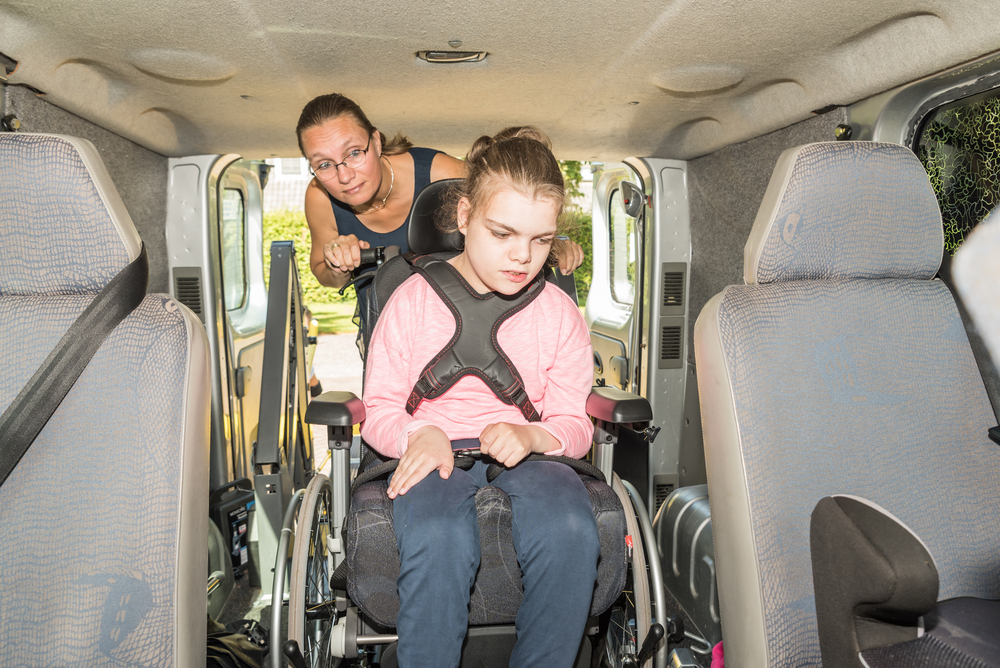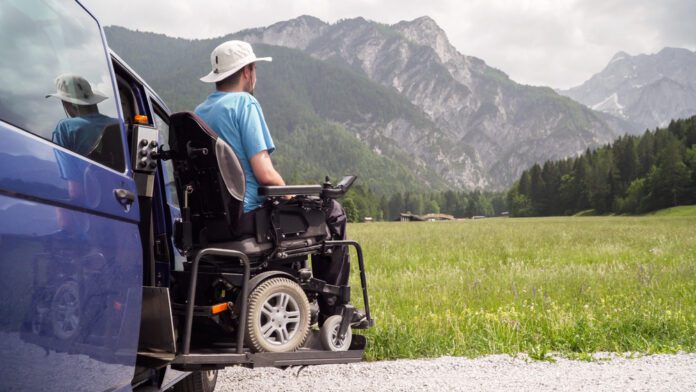Navigating the world of accessible vans can be both a gateway to freedom and a source of frustration for individuals with mobility challenges and their families. Accessible vans are not merely vehicles; they are lifelines that facilitate independence, community involvement, and the joy of exploration.
The National Highway Traffic Safety Administration (NHTSA) provides comprehensive information on adapted vehicles for individuals with disabilities, outlining how vehicles can be modified or equipped with adaptive technologies to meet specific driving needs. It covers a range of topics including cost-saving opportunities, licensing requirements, finding qualified driver rehabilitation specialists, and ensuring the safe operation of adapted vehicles.
Additionally, you will find information on financial assistance programs, insurance coverage, and manufacturer rebates for vehicle modifications, aiming to support individuals in maintaining mobility and independence through adapted driving solutions. You can search their database to find out if a mobility equipment dealer is registered with NHTSA. For more detailed information, visit NHTSA’s Adapted Vehicles page.
Understanding Accessible Vans
Accessible vans, often modified versions of standard passenger vans, are equipped with various features designed to accommodate individuals who use wheelchairs or have other mobility challenges. These modifications may include ramps or lifts for wheelchair access, hand controls for drivers, and altered seating configurations to ensure comfort and safety for all passengers.
Key Features to Consider
- Ramp vs. Lift: Decide whether a ramp or a lift best suits your needs based on the wheelchair user’s preferences, the vehicle’s parking environments, and budget constraints.
- Side vs. Rear Entry: Your choice will affect parking convenience and interior space utilization.
- Driving Adaptations: From hand controls to touchpad systems, ensure the vehicle can be operated safely by the intended driver.
- Interior Space and Seating: Consider the amount of space inside the van for both the wheelchair user and additional passengers.
Where to Find Accessible Vans
Finding the right accessible van involves research and patience. Here are some starting points:
Dealers Specializing in Accessible Vans
Many dealers focus specifically on accessible vehicles and offer a wide range of new and used vans, complete with various modifications to meet different needs. They can also provide valuable advice and customization services.
- MobilityWorks (www.mobilityworks.com): Offers a nationwide inventory of accessible vans and provides detailed information on different models and modifications.
- BraunAbility (www.braunability.com): Known for manufacturing and selling high-quality accessible vans and mobility equipment.
- The Mobility Van Store (www.themobilityvanstore.com): Offers new and pre-owned accessible minivans.

Online Marketplaces
Online platforms can be a great resource for comparing prices and features from the comfort of your home.
- The Mobility Resource (www.themobilityresource.com): An online marketplace featuring a wide range of accessible vehicles from dealers across the country.
- eBay Motors (www.ebay.com/motors): Offers listings for used accessible vans, allowing you to bid or buy outright.
Local and Online Classifieds
Don’t overlook the possibility of finding a used accessible van through local classified ads or websites like Craigslist. You might find a great deal from a private seller in your area. Take precautions and have the vehicle fully inspected prior to purchase.

Financing Accessible Vans
The cost of accessible vans can be a significant barrier for many families. However, several financing options and assistance programs can help manage these costs.
Grants and Assistance Programs
Numerous non-profit organizations and government programs offer grants and financial assistance to individuals requiring accessible transportation:
- The National Mobility Equipment Dealers Association (NMEDA) (www.nmeda.com): Provides information on financial assistance programs and reputable dealers.
- The Department of Veterans Affairs (www.va.gov): Offers assistance for veterans requiring vehicle modifications for service-connected disabilities.
Loans and Financing Options
Many banks, credit unions, and specialty finance companies offer loans specifically for the purchase and modification of accessible vans. Interest rates and terms vary, so shop around to find the best deal for your situation.
- MobilityWorks Financing: Works with several lenders to offer competitive financing options for accessible vehicles.
- BraunAbility provides the following financing and funding information on their website:
A state-by-state list of nonprofit funding organizations
Manufacturer reimbursement programs
Ideas for crowdfunding opportunities
Manufacturer Rebates and Programs
Some vehicle manufacturers offer rebates for modifications made to make their vehicles accessible. Check with automakers directly to see if they have any programs that could help offset your costs.
Maintenance and Warranty
Ensure your accessible van comes with a comprehensive warranty covering both the vehicle and the modifications. Regular maintenance by qualified professionals who understand accessible vehicles is crucial to ensure safety and longevity.
Test Drives and Inspections
Before finalizing your purchase, insist on a test drive and consider getting an independent inspection from a mechanic familiar with accessible vehicles. This can help you avoid costly issues down the line.
Transitioning to Your New Van
After purchasing your accessible van, consider additional resources such as driving training for adapted vehicles and community support groups for individuals with mobility challenges. These resources can be invaluable as you adapt to your new vehicle.
Acquiring an accessible van can significantly enhance the quality of life for individuals with mobility challenges and their families. While the process may seem daunting at first, understanding your options and knowing where to find financial assistance can make it a manageable journey. By doing thorough research and reaching out to the right resources, you can find the perfect accessible van that meets your needs and unlocks a world of independence and opportunity.
Like this article? You may also like the article below for more accessible van information:
How to Get Back on the Road After Paralysis
Share your thoughts with AmeriDisability on Facebook, Twitter and Instagram.
Check out the Resources page. Claim or add your disability-focused business or nonprofit for free.






